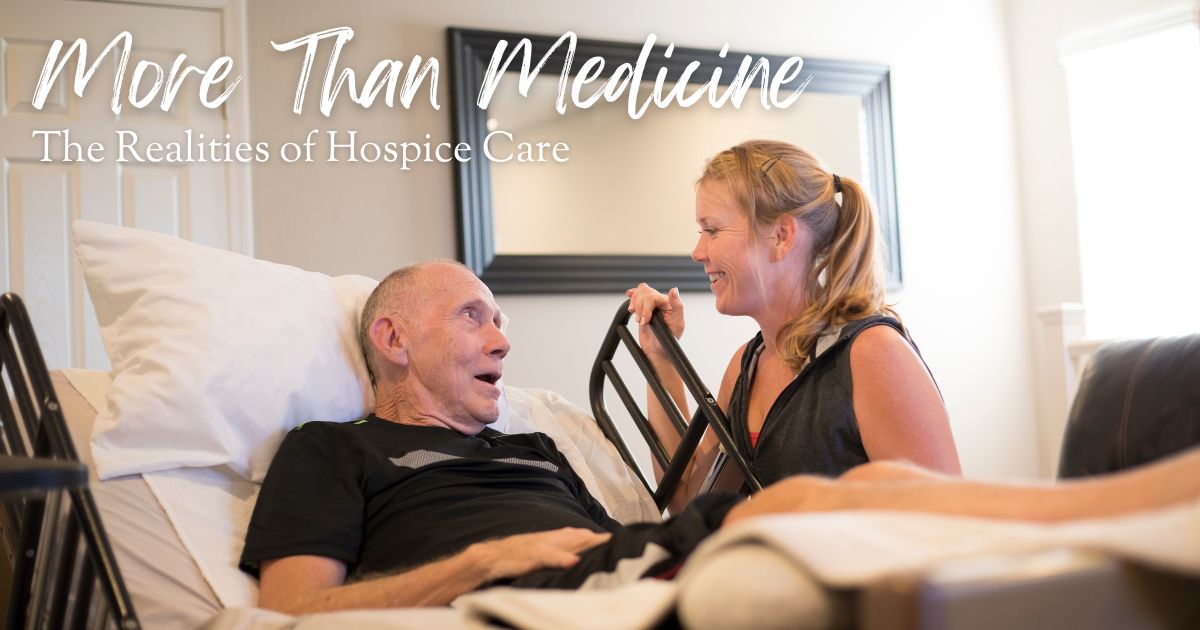
Hospice care is often seen as a place of sadness, a final stop before the inevitable. But for those who work within its walls, hospice is a place of profound connection, where life is celebrated and comfort is paramount. For those new to hospice care, especially younger nurses, aides, and social workers, the reality of this work can be both deeply moving and surprisingly challenging.
Beyond the Clinical Skills
Nursing programs and social work courses equip you with the clinical skills and theoretical knowledge needed to care for patients. However, they often fall short in preparing you for the unique emotional and interpersonal demands of hospice work. Here are a few things they might not tell you in the classroom:
-
Death is a process, not an event: You'll learn to recognize the subtle signs and stages of dying and to provide comfort and support throughout the entire journey. This requires a deep understanding of the physical, emotional, and spiritual aspects of end-of-life care.
-
Every patient, every family, is unique: There's no one-size-fits-all approach in hospice. You'll encounter diverse cultural and religious beliefs, complex family dynamics, and a wide range of emotional responses to dying. Flexibility, compassion, and excellent communication skills are essential.
-
Presence matters more than procedures: While medical expertise is valuable, sometimes the most important thing you can offer is simply your presence. Holding a hand, listening to stories, offering a comforting word – these small acts of kindness can make a world of difference.
-
Secondary trauma is real: Bearing witness to suffering and loss takes an emotional toll. It's essential to develop healthy coping mechanisms and seek support when needed. Self-care isn't selfish; it's crucial for sustaining your compassion and resilience in this demanding field.
Finding Your Footing in Hospice Care
The early days in hospice can be a whirlwind of emotions and experiences. Here's some advice for those just beginning their journey:
-
Find a mentor: Connect with experienced hospice professionals who can offer guidance, share their wisdom, and provide emotional support.
-
Embrace interdisciplinary collaboration: Hospice care is a team effort. Learn from nurses, doctors, social workers, chaplains, and volunteers. Each discipline brings a unique perspective and skill set to patient care.
-
Don't be afraid to ask for help: Whether you're struggling with a difficult case or experiencing emotional burnout, reach out to your colleagues and supervisors. You are not alone.
-
Find beauty in the every day: Amidst the sadness, there are moments of joy, laughter, and profound connection. Embrace these moments and celebrate the resilience of the human spirit.
Though the path of hospice care may be challenging, it is also illuminated by moments of grace and profound human connection. The work you do in hospice makes a profound difference in the lives of patients and families. Never underestimate the value of your compassion and dedication.





